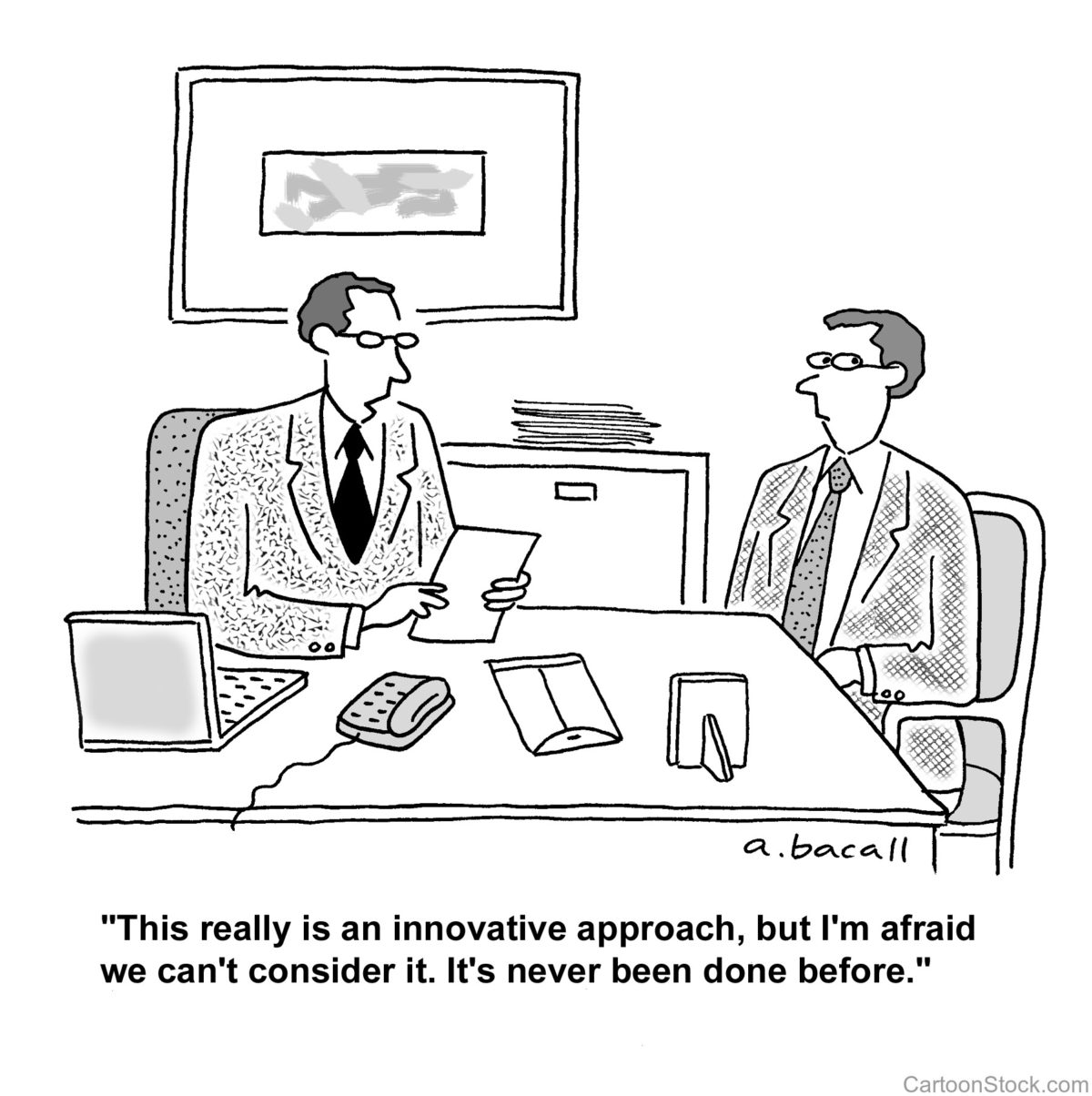The Innovator’s Response to Workplace Resistance
What to do when leadership and coworkers are stuck in the past.
Technology in the workplace is no longer optional—it’s a core part of modern business operations. From digital collaboration tools to productivity apps and performance analytics, tech solutions are designed to streamline work, enhance outcomes, and drive smarter decision-making. Many companies have embraced this digital transformation, but some only appear to be keeping up.
What does that mean? It’s when organizations invest in HR platforms, project management systems, or communication tools—yet leave them sitting unused or underutilized. Whether it’s fear of change, a lack of training, or unwillingness to adapt, this resistance can delay progress and make daily work more difficult than it needs to be.
So what should forward-thinking, tech-savvy employees do when they hit this wall?
Steps to Navigate Workplace Tech Resistance:
-
Understand the End Goal
Ask current users (or resisters) what outcomes they want to see. This opens the door to aligning the new tools with familiar goals. -
Start Small
Introduce change in manageable pieces—making adoption less intimidating. -
Find a Bridge-Builder
Identify a trusted stakeholder from the “old guard” and bring them into the process early. If you win them over, they’ll influence others. -
Make It Fun & Visible
Launch with a rebranding kickoff—showcasing the “why” behind the shift. Reinforce with small-group training, hands-on demos, webinars, or how-to videos. -
Support Through Superusers
Identify and empower tech champions who can coach and encourage others throughout the adoption process. -
Track & Celebrate Progress
Use performance metrics to monitor usage and celebrate milestones. Where things lag, keep coaching with compassion.
And if that doesn’t work?
If the resistance is too strong—and leadership remains rooted in the past—you may face a difficult truth: Your innovation may not be valued there. As practical as you are passionate, you know when it’s time to move on.
Can one person move a house six inches to the left alone? Of course not.
Accept what you cannot change. Then take your talent to a workplace ready to evolve—and one that will value the skills you bring.
